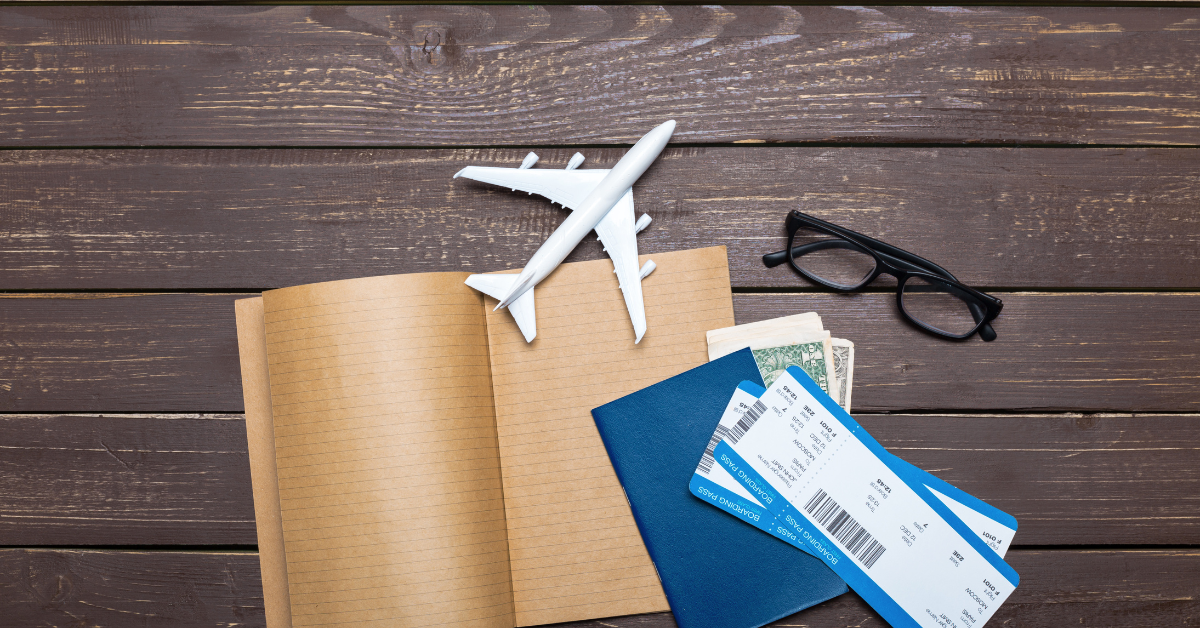Florida pilots planning to fly internationally need to understand the connection between their FAA Aviation Medical Certificate and the requirements for global travel. Whether flying for leisure, work, or pursuing a career in commercial aviation, adhering to the medical standards set by the Federal Aviation Administration (FAA) and international aviation authorities is essential.
This guide assists Florida pilots in understanding the intricacies of FAA medical certifications and their importance for international travel. It ensures they are fully prepared for takeoff, whether within the United States or overseas.
What Is the FAA Aviation Medical Certificate?
The FAA Aviation Medical Certificate Florida is essential for all U.S. pilots. It is divided into three categories: 1st Class FAA Medical Exam Florida, Class 2 for cargo and charter pilots, and Class 3 for private pilots. The certificate is issued after an assessment by an FAA-delegated flight examiner.
Each class has its medical standards, which include vision, hearing, overall health, and mental well-being requirements. The medical examiner will conduct the health check and may request further tests depending on the medical history. In Florida, pilots must obtain an FAA Aviation Medical Certificate to fly aircraft, whether over land domestically or internationally.
How Does Your FAA Medical Certificate Impact International Travel?
Being a U.S. pilot working internationally requires awareness that while the FAA Aviation Medical Certificate is recognized throughout the United States, every country has different medical standards for pilots. Most nations are governed by their aviation authority, and while these are always aligned with those of the FAA, valid U.S. pilots can fly in most countries without an issue.
Key Differences Between FAA and International Medical Requirements
Different Medical Standards
While the FAA has specific requirements, other countries may have different or additional medical standards. For example, conditions deemed acceptable by the FAA might disqualify someone trying to obtain a pilot’s license there and vice versa. This distinction is particularly crucial if you plan to get an EASA pilot’s license in EU member countries or to obtain licensure in other regions with their aviation standards.
Certification Validation
Most countries allow U.S. pilots with a valid medical certificate and pilot’s license to exercise their appropriate pilot duties in their countries. However, if a U.S. pilot wants to work for a company based outside the U.S., the pilot may need to meet the requirements of that country’s aviation governing body.
Age and Health Requirements
In some nations, medical standards, including age limits or health requirements, may be stricter than the FAA’s. Certain countries could require older pilots to undergo more frequent medical assessments or enforce more stringent regulations on conditions like hypertension, diabetes, or vision issues. Note that U.S. pilots cannot fly for hire internationally after age 65, while they could fly in the U.S. for a charter company, for example.
Air Traffic Controller Medical Exam Florida
Pilots are not the only professionals facing medical challenges. Anyone working as an air traffic controller or in international air traffic control must meet specific medical standards. Air Traffic Controller Medical Exam Florida ensures these individuals are healthy enough to perform their duties and safely manage aircraft operations.
Navigating the ICAO Requirements:
The ICAO is an international authority responsible for setting aviation standards worldwide. Although similar to FAA standards, the ICAO medical requirements may differ from country to country. In some nations, especially in Europe, you may need to present a certificate compliant with ICAO standards if you fly commercial or recreational aircraft.
Third-Class Medical Certificate for International Flight:
Pilots holding a third-class FAA medical certificate may face challenges traveling to other countries. Some countries might only recognize a first- or second-class medical certificate for commercial flights. Therefore, before flying to another country, ensure your medical certification is valid there.
Tips for Florida Pilots Traveling Internationally
Consult an AME
If you are unsure about the medical certification process for international travel, it is advisable to contact an FAA-certified Aviation Medical Examiner who can lead you through the requirements in both domestic and global processes.
Consider International Medical Exams
If you are a U.S. pilot who wants to obtain a medical certificate and pilot’s license in another country, you must be prepared for medical exams conducted in that country according to the requirements of the aviation governing body.
Health Documentation
You must ensure adequate documentation of your medical history and any treatment you are undergoing. This will help FAA examiners and foreign aviation authorities efficiently determine your medical fitness.
Renewals and Extensions
International flying often requires longer travel schedules, so medical certificates should be well-planned for renewal while one is out of the country. Time differences, medical requirements in foreign places, and possible delays in renewing certifications must be considered.
Conclusion
All Florida pilots must have a valid FAA Aviation Medical Certificate Florida to ensure safety and comply with domestic and international requirements. By being proactive and well-informed about medical certification, Florida pilots will enjoy smooth international travel and meet the standards set by the FAA and other international organizations. Stay prepared, stay informed, and fly confidently across the U.S. or worldwide!
At Aviation Medicine, we ensure that the FAA medical certification process is smooth, whether you are a seasoned pilot or just beginning. Our team is focused on helping you meet the medical standards for safe flying. We provide personalized service with minimal wait times and guide you through every step. From initial evaluations to special issuances, we offer easy communication via phone, text, email, or our secure portal.
If you need help with FAA medical certification, email us at aweiinberg@medavex.org or call (727) 648-2402. Let us be your partner in aviation medicine.

